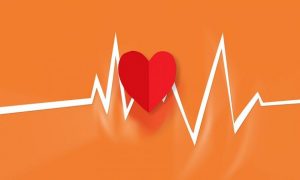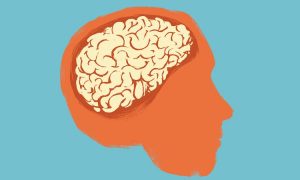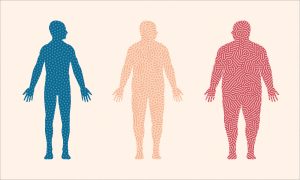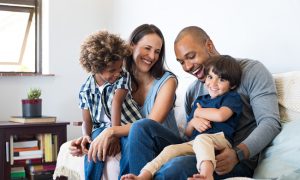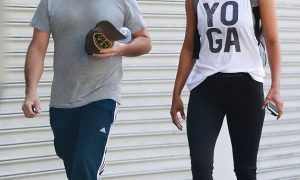
For 40 years, the National Youth Sports Program provided kids in low-income neighborhoods across the country with safe spaces to play during the summer months through sports camps. But when federal funding was cut in 2006, Ohio State feared that losing the program would create a gap in youth development in Central Ohio, specifically with kids living near the poverty level.
LiFEsports, or Learning in Fitness and Education through Sports, is a program born through a partnership between OSU’s College of Social Work, the Department of Athletics and the Recreational Sports under the Office of Student that works to teach kids social skills and healthy living habits through sports.
What began in 2008 as a continuation of the NYSP has grown to serving more than 1,700 kids a year through its annual summer camp, youth leadership academies and monthly sports clinics.
“We’re using the power of sport to create life skills and that, through them, students can use them to better their lives, take them out into the community, and become the next community leaders,” said Rebecca Wade-Mdivanian, director of operations for LiFEsports and director of youth development at the College of Social Work.
While the program is not exclusively for kids from low-income homes, 81 percent of LiFEsports’ students live within 200 percent of the poverty line. For a family of four, a yearly income within 200 percent of the poverty line is $48,600.
“Social responsibility is giving back to the community, and that’s what we’re doing through LiFEsports.”– Wade-Mdivanian, director of operations for LiFEsports and director of youth development at the College of Social Work. “We would hope that what the kids are learning here is something that they can take back to their communities and use their whole lives.”
During its four-week summer camp, students ages nine to 15 learn about social skills through what the camp calls S.E.T.S., which stands for self control, effort, teamwork and social responsibility. Campers learn about S.E.T.S. through basketball, football, soccer, lacrosse, softball, swimming, volleyball and social dance, as well as health and fitness activities.
“We picked these skills because they contribute to the idea that (these) are lifelong skills that kids can use in the classroom and at home,” Wade-Mdivanian said. “These skills are needed in every aspect of someone’s life, but are often lacking. You’d be surprised by how many kids can’t keep their hands to themselves in line because they don’t understand self control.”
LiFEsports employs almost 300 OSU students from 14 different academic departments through jobs, internships, volunteer opportunities and research. Of those students, 60 were student-athletes, a benefit that is important to the campers, said Wade-Mdivanian.
“We try to engage student-athletes as much as possible,” she said. “It’s really cool for the kids to meet the student-athletes. They look up to them.”
Gaby De Santis, a fourth-year in strategic communication and a member of the women’s tennis team, volunteered with LiFEsports as a tennis coach during this year’s summer camp. De Santis said combining social skills with sports education is a natural relationship.
“That connection of teaching them what teamwork is (and) what self control is through sports, they really enjoy it because we make them do things with sports,” De Santis said. “They (are) learning them, but they aren’t thinking about learning. They’re just playing sports and having fun.”
LiFEsports conducts research during its camps and clinics, partly through an academic course that works closely with the program. Research found that by the end of camp, students were not only more competent with sport skills, but could also recognize how to use S.E.T.S. in the real world and report using them regularly outside of camp.
Research also showed that students after camp were more inclined to exercise for at least an hour a day, eat five fruits and vegetables a day and choose to drink water instead of pop. Nearly 80 percent of the students said they know how to use S.E.T.S to live a healthy lifestyle.
In addition, 80 percent of kids who participate in LiFEsports said that their involvement with the program made them want to go to college.
Wade-Mdivanian said seeing students inspired to use the social skills they learn at camp in their everyday lives and seeing their growth as individuals shows the importance of youth development programs like LiFEsports.
“Social responsibility is giving back to the community, and that’s what we’re doing through LiFEsports,” Wade-Mdivanian said. “We would hope that what the kids are learning here is something that they can take back to their communities and use their whole lives.”
The Engaged Scholars logo accompanies stories that feature and examine research and teaching partnerships formed between the Ohio State University and the community (local, state, national and global) for the mutually beneficial exchange of knowledge and resources. These stories spring from a partnership with OSU’s Office of Outreach and Engagement. The Lantern retains sole editorial control over the selection, writing and editing of these stories.
Click here to view original web page at thelantern.com

